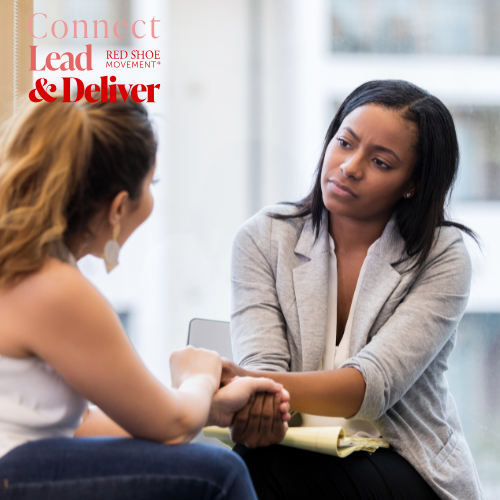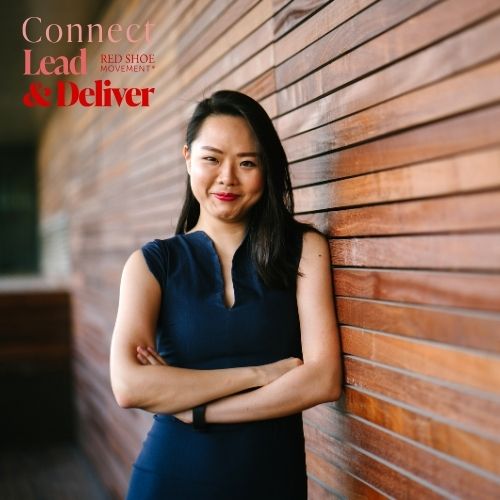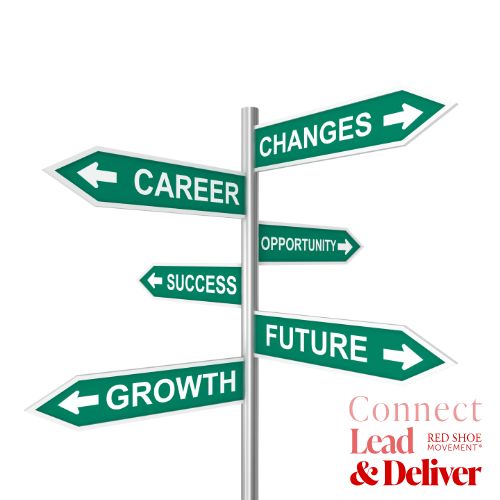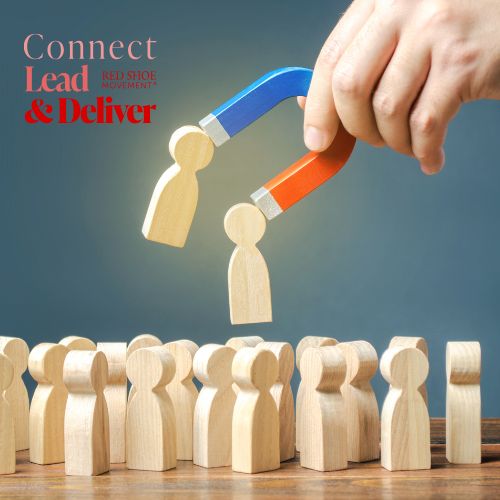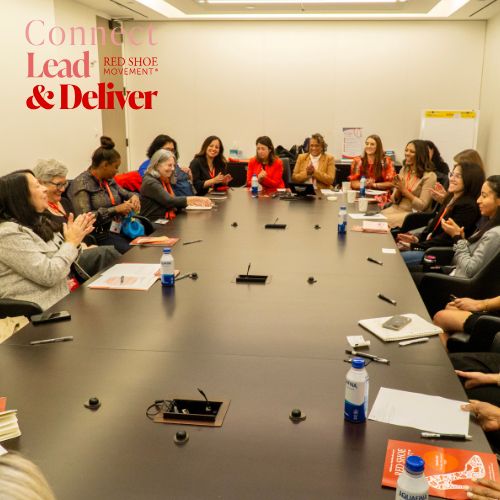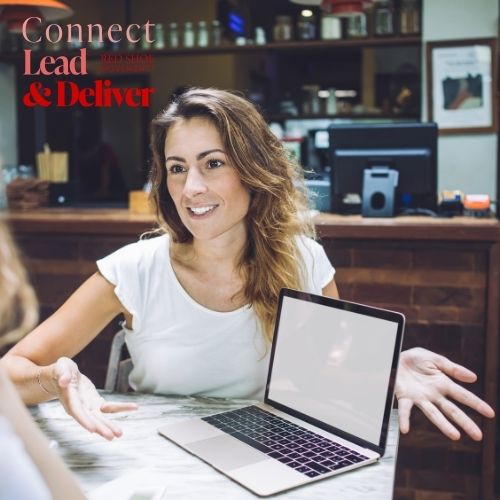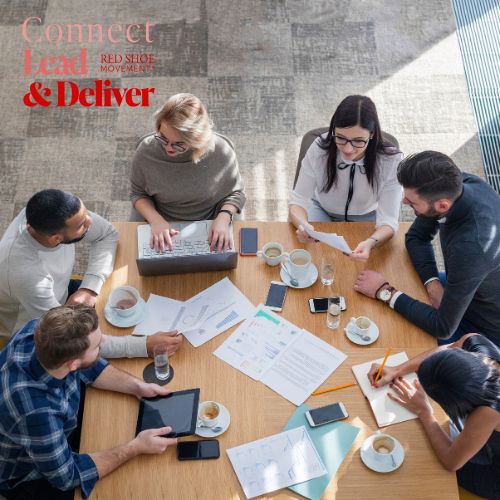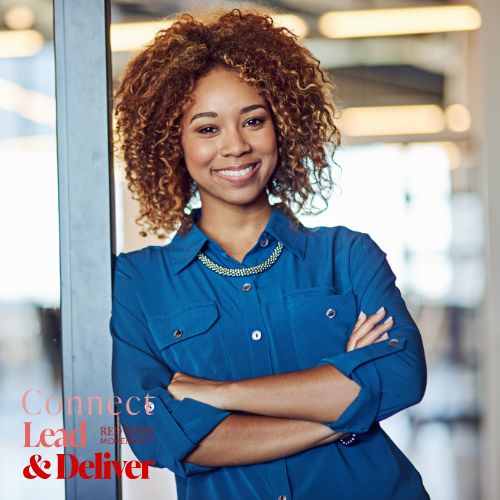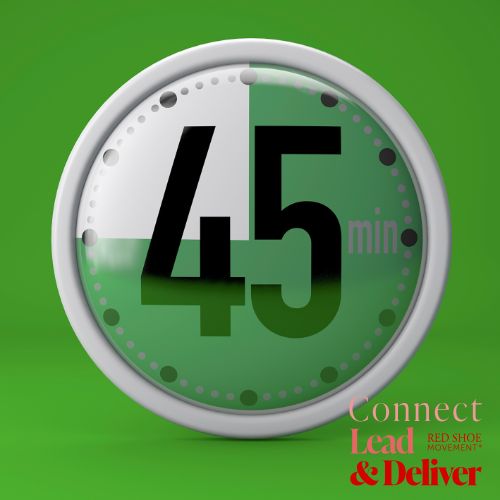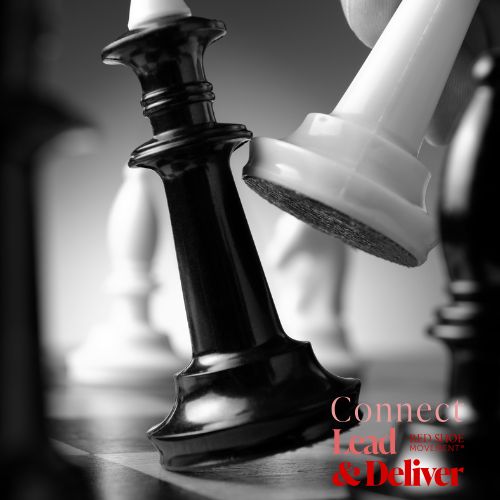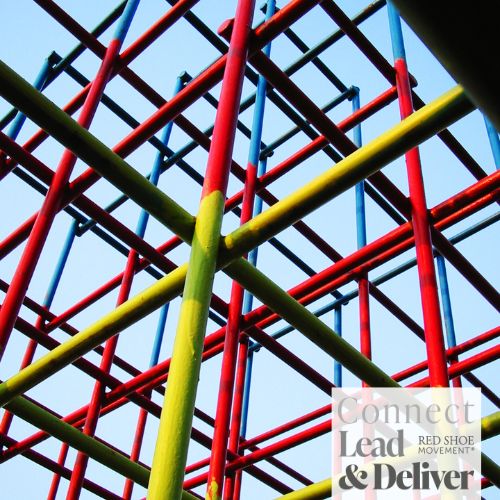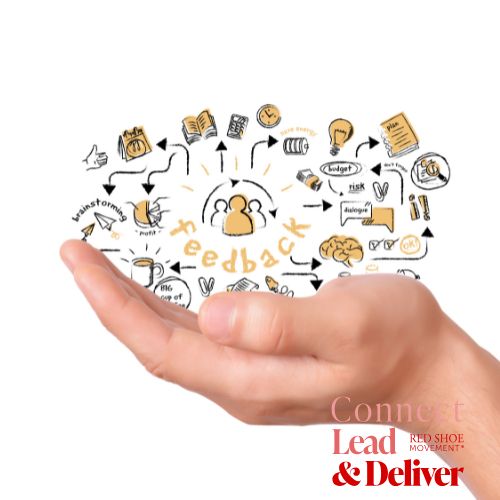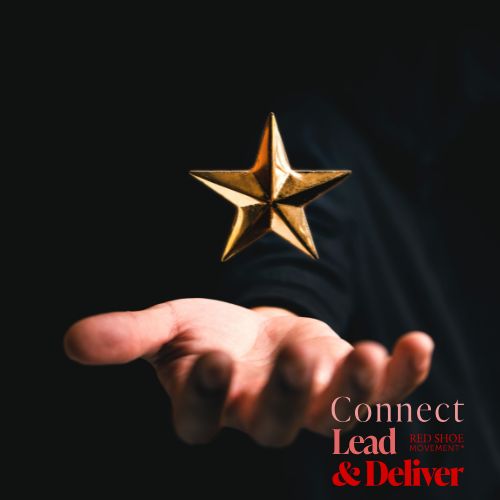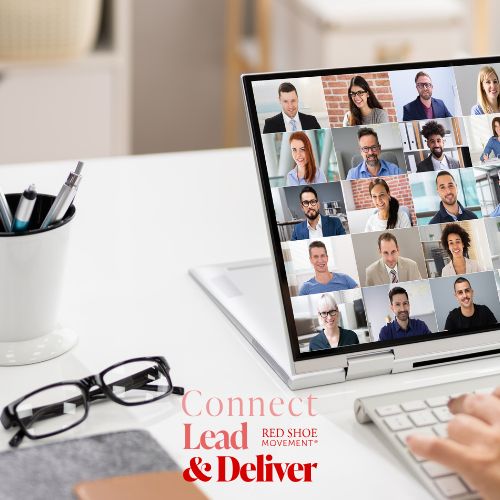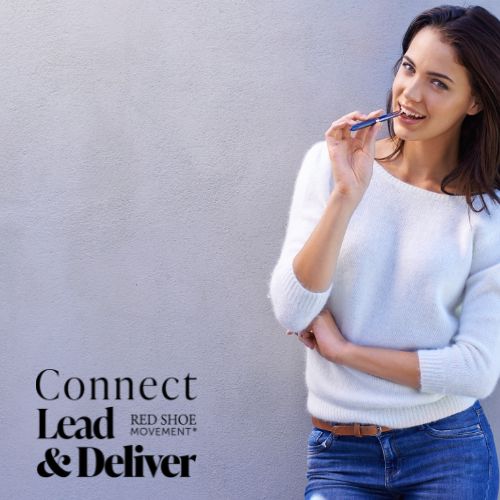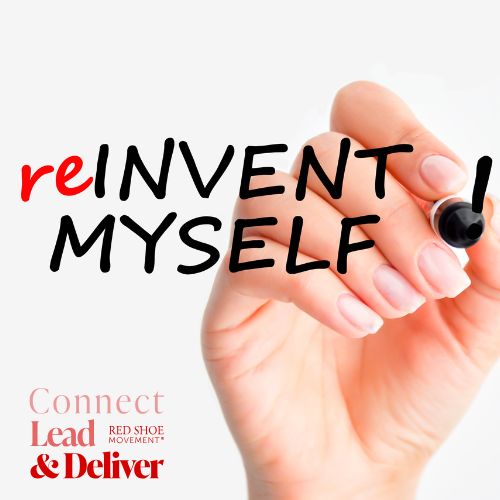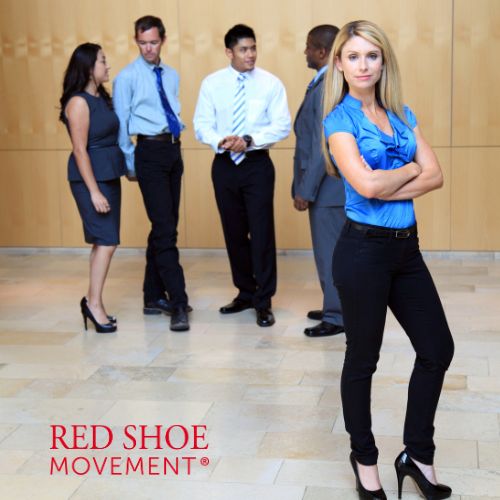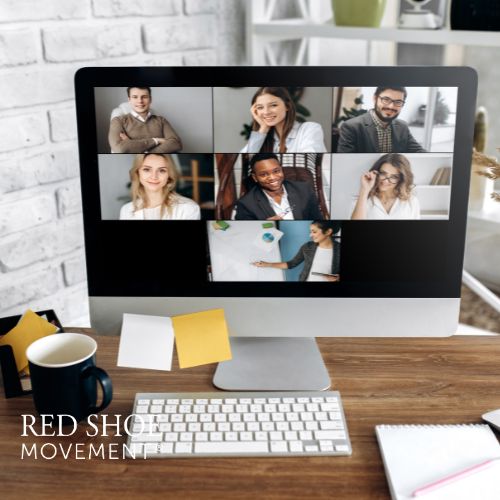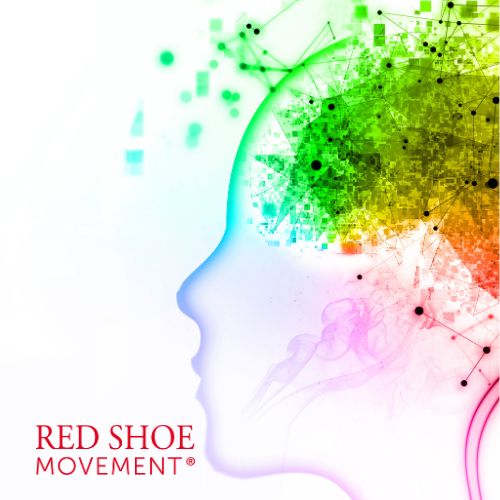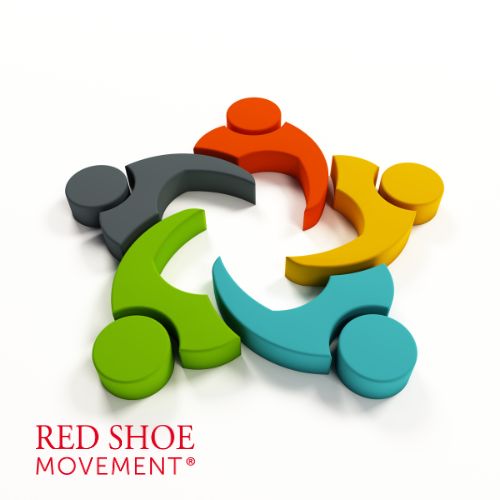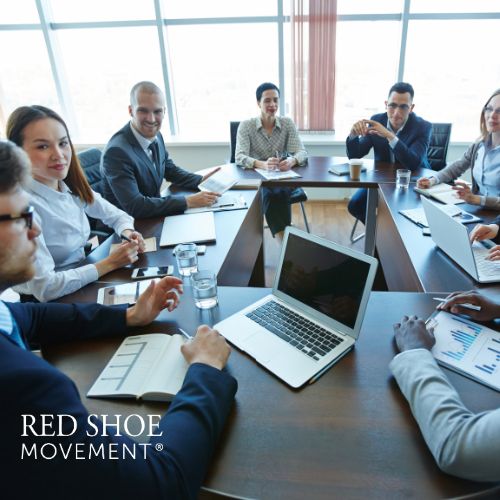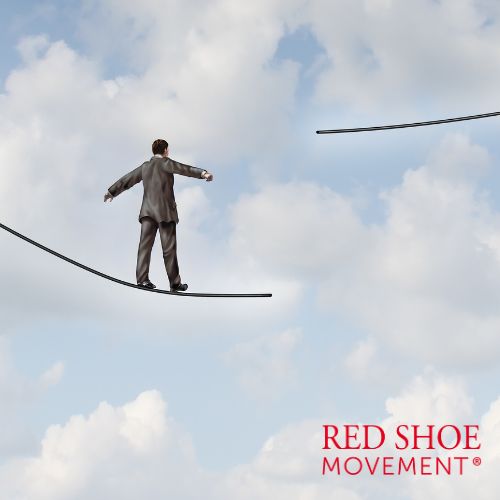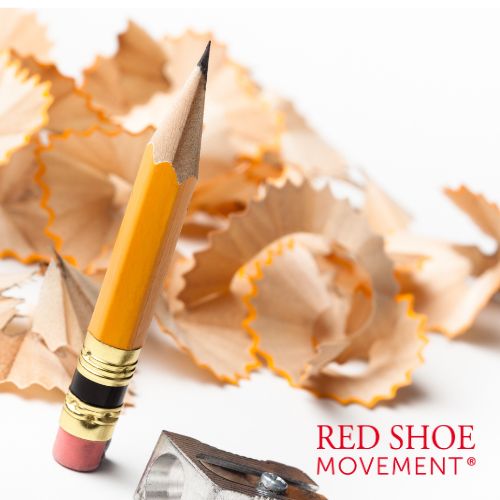I am a coffee addict and most days I am glued to my Kindle. Instagram is a safe space and I miss my family because I live halfway across the world. This is a Gen Z outlook on life and the lessons I learned so far.
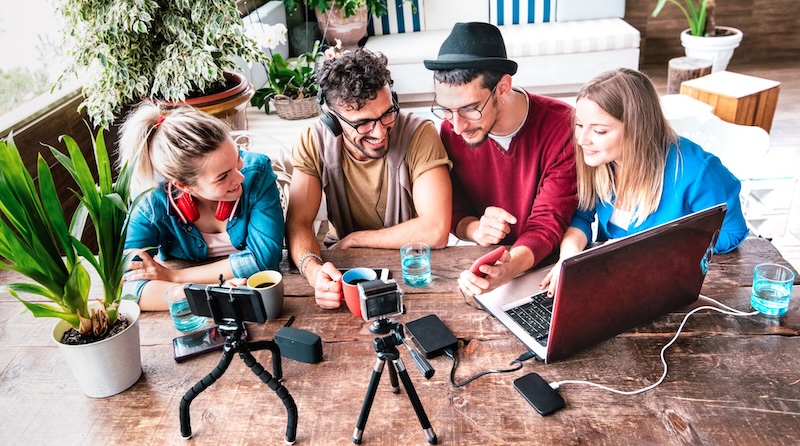
Even though I had my first phone when I turned 12, I also loved playing tag outside with my dad. I own 5 Apple products but gossiping with my mum on our shopping trips is still one of my favorite things to do. I always have my earphones in to tune out my thoughts, but the silence of the woods gives me peace. I am part of Gen Z and I’d say we are not entirely like what many people peg us to be.
For as long (or little) I’ve been on this Earth, I’ve started to pick up some lessons. Not only from being part of the Gen Z generation, but also because of moving around the world since I’ve been four years old. The lessons I hope to teach you about encompass multitasking, boundaries and fear. So sit back & enjoy the ride.
4 Lessons A Gen Z Learned So Far
1Multitasking doesn’t only make work go faster, but you also end up skipping life
Although the statistic that 98% of Gen Zs have a phone is daunting, we don’t only use them to scroll our lives away. Personally, my phone is like a portal into a different world. I grew up as a digital native and a modern nomad, always moving around because of my dad’s job. Instagram and Snapchat were (and are) a way for me to stay connected to my friends who are thousands of miles away. It’s a way for me to feel like I’m at home when I’m nowhere close. Spotify is my way to tune out the world when I need some peace or when I want to learn about new things from a Podcast. Pinterest is a way to express my fashion sense and find out about new trends.
As with everything, using technology is a blessing and a curse. A blessing, because we have access to knowledge, and a curse because the addiction potential is very high. It’s what social media is built on – addicting its users so they don’t stop scrolling. But what if I told you, that your life doesn’t depend on posting that aesthetic picture of your coffee, pastry, sunglasses and book on your Instagram story? It’s true and I’m guilty of it myself because, let’s face it, sometimes it’s just too pretty not to share. But life is also about putting your phone down and truly watching, listening and feeling; eating consciously, walking consciously, and simply just being without doing something else at the same time.
Wonder Woman is dead
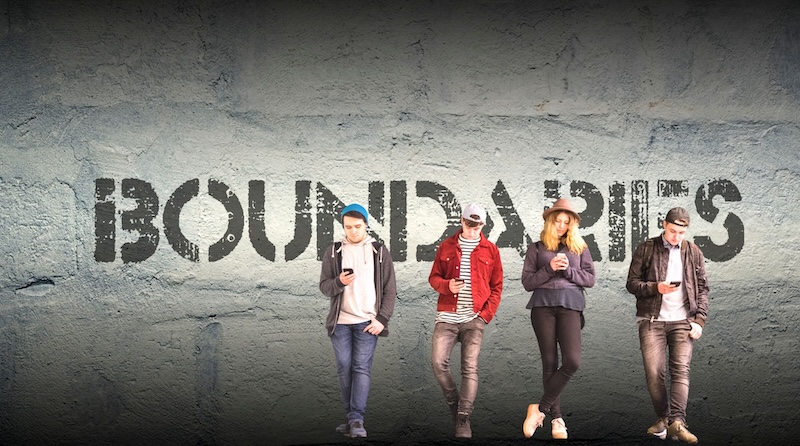
2Boundaries are healthy: Learn to say No
Have you ever felt productivity guilt? If you said no, you’re definitely lying to yourself. How many times have you been overworked, sick and couldn’t deal with the world anymore, yet also couldn’t get the rest you needed because you felt bad that you didn’t work? Productivity guilt. It’s eating Gen Z. We feel so guilty that we set boundaries for ourselves, that we aren’t reachable 24/7 and that we prioritize our health over our jobs, that we end up working even when we shouldn’t. In fact, 77% of Gen Zs have made having a work life balance a top priority. I’m with you, it’s not like we don’t care about our jobs or don’t have a need to excel and climb the corporate ladder. We just want to do it between 9am and 5pm and keep our sanity the other 16 hours of the day. We want to spend time with our family, our pets, and ourselves and not have to feel guilty about setting strict boundaries. We know that we can do anything we want, we just can’t do everything all at once since we’re not super heroes.
Setting boundaries isn’t only important for your own sanity, but it also helps other people understand you better. We always want to show the best version of ourselves to others, but we can’t do that if we’re burned out and cannot think straight anymore. It might feel difficult to say no at the beginning, but slowly and steadily, it becomes second nature.
We find out what fuels us and what drains us and how we can become the best version of ourselves while not losing ourselves in what other people want us to do. So, start saying “no” to things you cannot commit to right now. That doesn’t make you a bad person, it makes you a person that knows what they can do right now and where their bandwidth ends. Use the word to your advantage and don’t feel guilty about it.
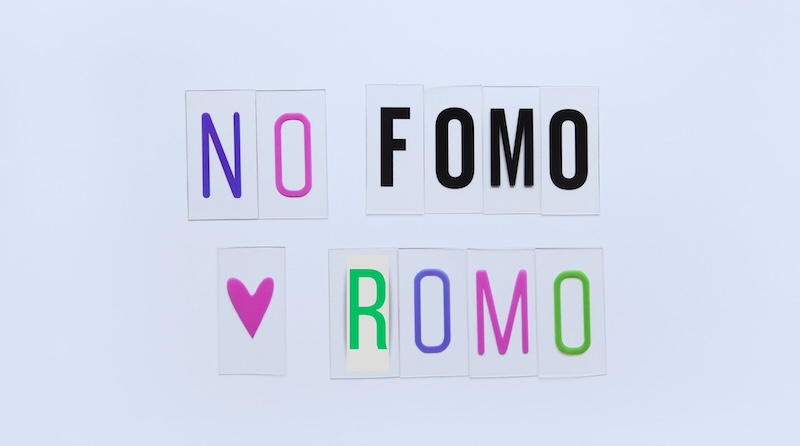
3ROMO instead of FOMO
Mental health is now more important than ever. Sadly, 70% of the Gen-Zers say that their mental health needs more attention. This means that 1.7 billion people want their mental health to improve – that’s a huge chunk of people! There’s a big stigma around mental health in the older generations because not everyone believes in a sickness that is not visible to the naked eye. Gen Zs are trying to reduce the stigma around it but it’s not easy, especially considering that it’s hard to change how people have been indoctrinated since they were young.
Depression and anxiety are at an all-time high in our generation, and its partly the fault of a concept called FOMO: the Fear of Missing Out. Gen Z is letting it guide our entire life. Although FOMO is usually coupled with social media and the need to maintain an online presence, we can also link it to our daily life. How many times have you said yes to doing something with your friends, even though you knew you wouldn’t enjoy it, but you felt the need to go because you didn’t want to miss out? It happens to everyone, but let’s face it. It doesn’t only hurt you —because you don’t actually want to be there— but it also ruins the experience of the other people that actually want to be there. Hence, let me introduce you to ROMO: the Relief of Missing Out. The relief of knowing that you won’t enjoy the activity anyway, so why waste your energy, your time and your money? Do something that you enjoy instead.
4Learn from every generation
Everyone says always look to the older generation to learn what’s most important in life. I say, scrap that! Look to the generation before but also look at the generation that’s coming after you. You can learn from every single person around you. Whether that person’s a stranger in a coffee shop, your grandmother or your soulmate. People are a never-ending puzzle, pieced together from the lessons we have learned from other people, with more space continuously opening up to learn from people we haven’t even met yet.
The art of intercultural communication
It’s 2024. New year, new you? No. New year, better you.





